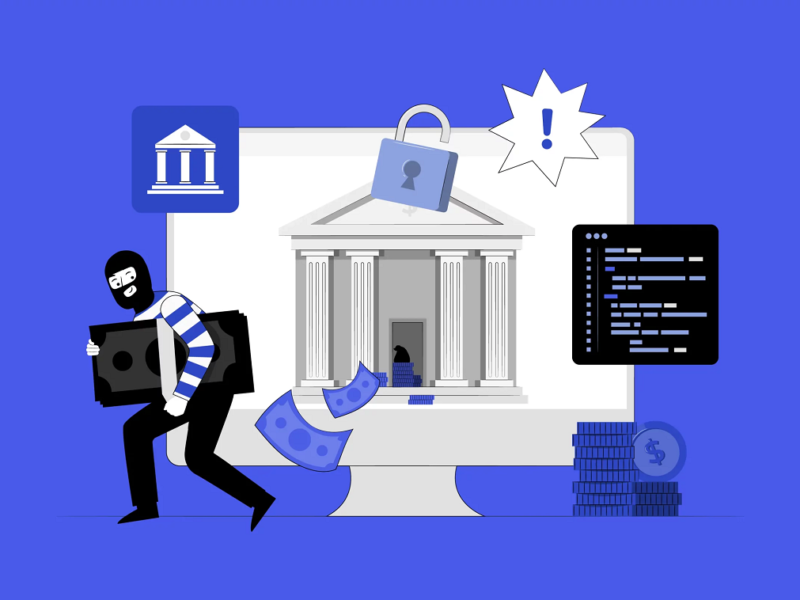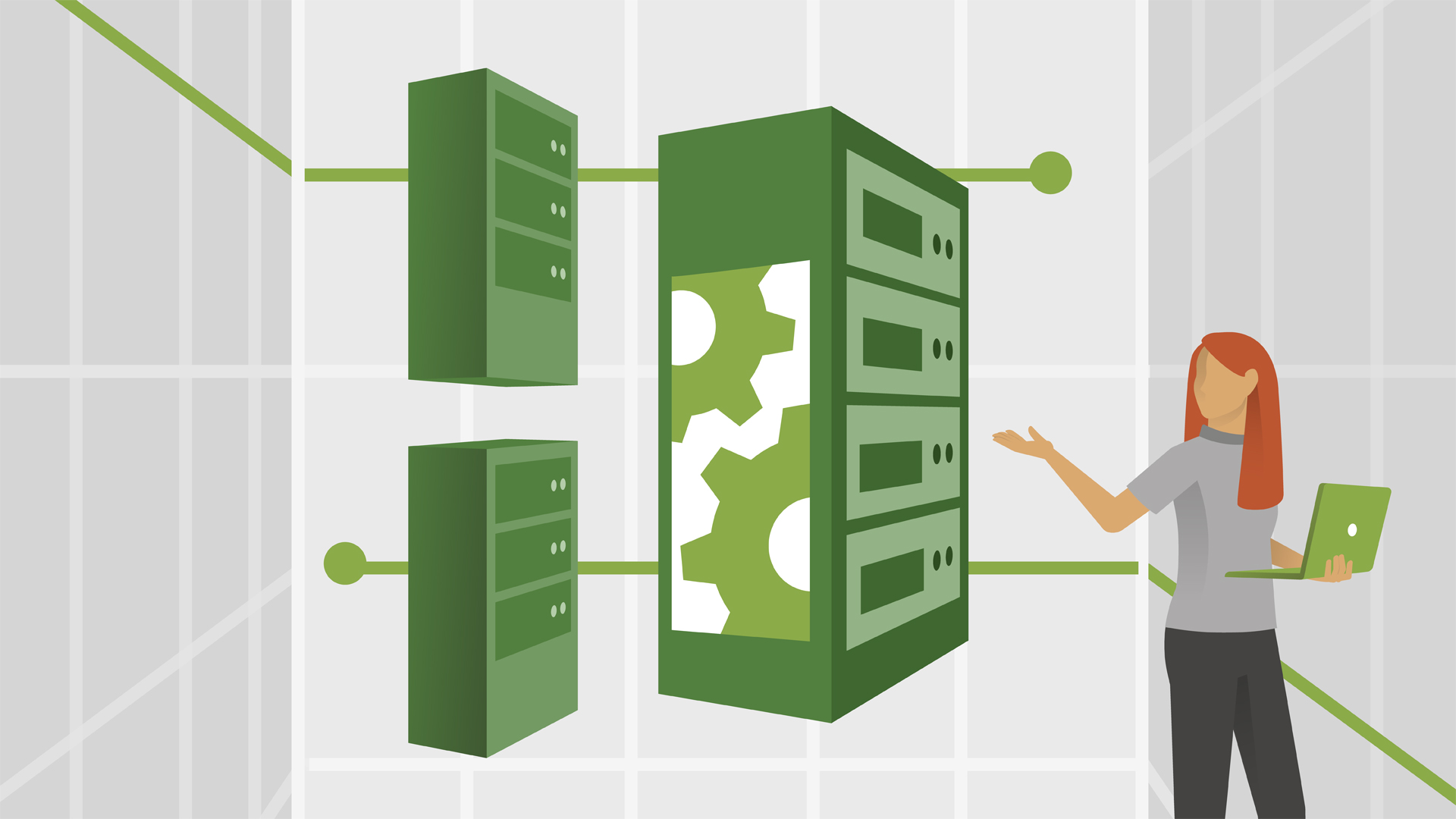Internet should be more secure! However, internet users can protect themselves by knowing which scam trends to look out for and distinguishing safe websites from potentially dangerous ones.
Experts work on this topic every day and night. In fact, the results of their hard work are often so elusive that only security experts can fully understand them.
Most companies and businesses are increasingly aware of the detrimental effects of data breaches. When it comes to your corporate data, both the good guys and the bad guys are aggressively trying to gain access to it, and that’s the world we live in today.
Hackers, extortionists, and other malicious states pose a significant, widely documented threat. The disclosure by National Security Agency (NSA) whistleblower Edward Snowden also highlights the threat government agencies pose to their own data.
As a business, you should try to protect your data as much as possible through several data security plans, e.g. B. Strong encryption to protect. Your organization’s data should always be stored and reported in an encrypted form.
Information is critical in today’s business climate and must be protected from people inside and outside the organization.
A breach of your company data has the potential to affect your business operations, and this was confirmed by the May 2017 global cyberattack that affected 200,000 victims in more than 150 countries.
Sensitive data about organizations is constantly threatened by malicious hackers and accidental incidents around the world. The consequences of misconduct in your organization can be devastating.
Data security should be an important aspect of any organization’s overall risk management and planning.
Recovering from a data breach is a costly proposition compared to proactive data security measures. A data breach in your company can also harm your public image. Measures to protect your data should be a top priority.
Here are five important tips to help you protect your organization’s data.
Make sure data is transferred securely
Any company that deals with a lot of sensitive and critical information like credit card information should try to protect it as much as possible in the way necessary. The secure transmission of information within an organization is critical to its security.
There are many options for secure data communication than regular internet-based email. For example, the Tor system employs volunteers to deploy multiple computers in different locations to create more anonymity and secure communication channels.
Within your organization, ensure that all individual messages are encrypted and re-encrypted repeatedly by different computers when sending messages to their destination. This process will be much more complicated for third parties to monitor your communications and have access to their content.
Use firewall and access control
As a business, firewalls and access controls are critical to protecting your data. Examples of these controls are actions such as authentication requirements, passwords, and biometric systems.
Many authentication systems need to ensure that they are hard to circumvent. The effectiveness of this authentication system as a password lies in the behavior of all authorized users.
For example, if a user loses control of their password, the entire network and all data on it could potentially be compromised. On the other hand, firewalls are useful when you want to control access to basic, confidential company information via the Internet or mobile devices.
Train your employees on data protection
The most important data protection weakness of your company is the human factor. Whether due to negligence or ignorance, according to a study by the Ponemon Institute, employees are responsible for 54{08729fddd5bfc9b9535ab0e74968e104c5231783dc5ea708fbd28aa4d22185dc} of all data breaches.
Within your organization, you need to ensure that employees are aware of your company’s compliance regulations and cybersecurity policies. You can do this by training and mentoring them, especially those who handle the company’s most sensitive data.
All employees – supervisors and subordinates – must comply with information security rules. Level C managers are prime targets for malicious hackers because of their high authority to process information.
Don’t store all your data online
Data that is considered sensitive should not be stored on computers that can be accessed via the internet or computer networks. Evaluate your organization’s data and groups by sensitivity so you can save each class accordingly.
There are benefits to having all your data in one central location, but you don’t want hackers to have all of your information in the event of a breach. Diversifying your data storage is the key to data preservation. Industry experts recommend using a combination of cloud storage, network storage, and external hard drives.




